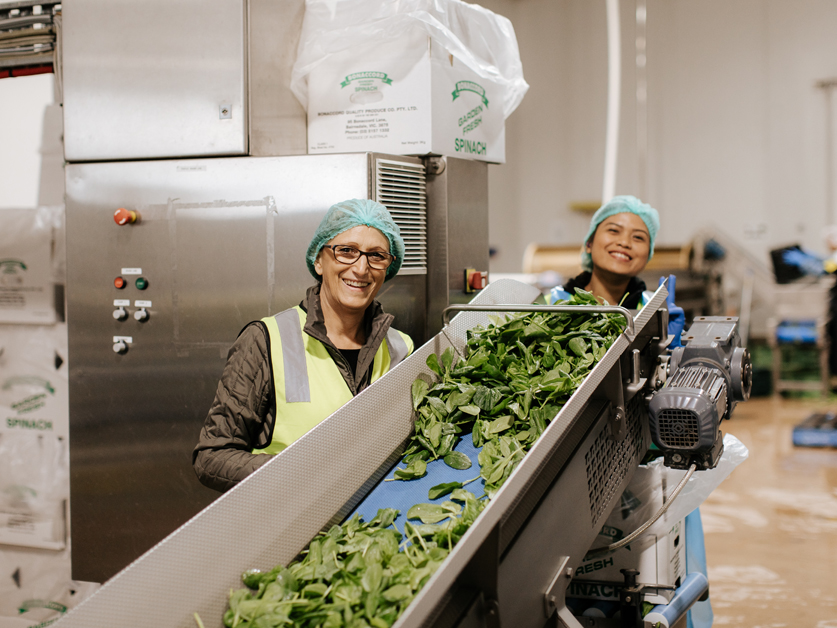
Passion and commitment leading to horticulture success
21 November 2019Webinar: Planning for Summer – Irrigation and Water Management
26 November 2019The potato industry has met with biosecurity regulators from New South Wales, Queensland, South Australia and Victoria, to map out a process and agree to draft mitigation measures to maintain the movement of potato tubers in the event of a detection of tomato-potato psyllid (TPP). While potato tubers are not a vector for TPP, they can carry Candidatus Liberibacter solanacearum (CLso), the bacterium that causes zebra chip in potatoes.
A two-day workshop was held at Snackbrands’ headquarters in western Sydney. Participants included governmental biosecurity staff, as well as potato industry personnel from key processing and ware businesses. The workshop provided a great insight for regulators on standard industry procedures and practices, as well as providing industry members the opportunity to understand government practices in response to the detection of an exotic pest.
The workshop was successful in providing the necessary information to better prepare industry and government in the event of the detection of TPP and CLso in the eastern mainland states. Establishment of harmonised movement controls will support the continued trade of potato tubers along the eastern seaboard, where approximately 80 per cent of all movement occurs.
Plant Health Committee Chair Andrew Bishop was pleased with the outcome of the workshop.
“Undertaking this proactive approach in collaboration with the potato industry will help to maintain business continuity, while also minimising the risk of potentially spreading CLso through trade of potato tubers,” Mr Bishop said.
“Australia is known to be free of CLso, but we cannot be certain that a new detection of TPP in the eastern states would be free of CLso during the initial response phase, while essential testing takes place.”
This approach highlights the importance of preparedness plans and another vital component – ensuring that businesses can continue to trade.
Potato Processors Association of Australia Chair Allan Smith was also pleased with the result.
“The ware and processing sectors of the potato industry appreciate this proactive, collaborative approach with regulators, and we can now focus on developing preparedness plans to ensure business continuity in the event of a detection of TPP,” Mr Smith said.
“Having personally participated in the workshop, it highlights just how important it is to explore every aspect of business processes to identify potential pathways and the processes that were already in place to mitigate the risk.”
In summing up the workshop, AUSVEG National TPP Coordinator Alan Nankivell congratulated all workshop participants in their positive contribution and commitment to find common ground, as well as openly discussing workable solutions for industry and regulators.
“The arrival of TPP in Australia has provided the industry and regulators with a significant opportunity to work together to find constructive solutions where the economic livelihood of potato industry stakeholders is maintained, while building strong collaborative approaches to pest management,” Mr Nankivell said.
“This is a model that other industries may find valuable for developing their respective business continuity plans.”
Potato processing and ware businesses, and regulators, will continue to work together to ensure that they are well prepared for a TPP detection in the eastern states of Australia. The next steps include the final preparation of a risk assessment for presentation of the details at the next Plant Health Committee meeting, and the sub-committee for Domestic Quarantine and Market Access, to ensure the science is in place.

